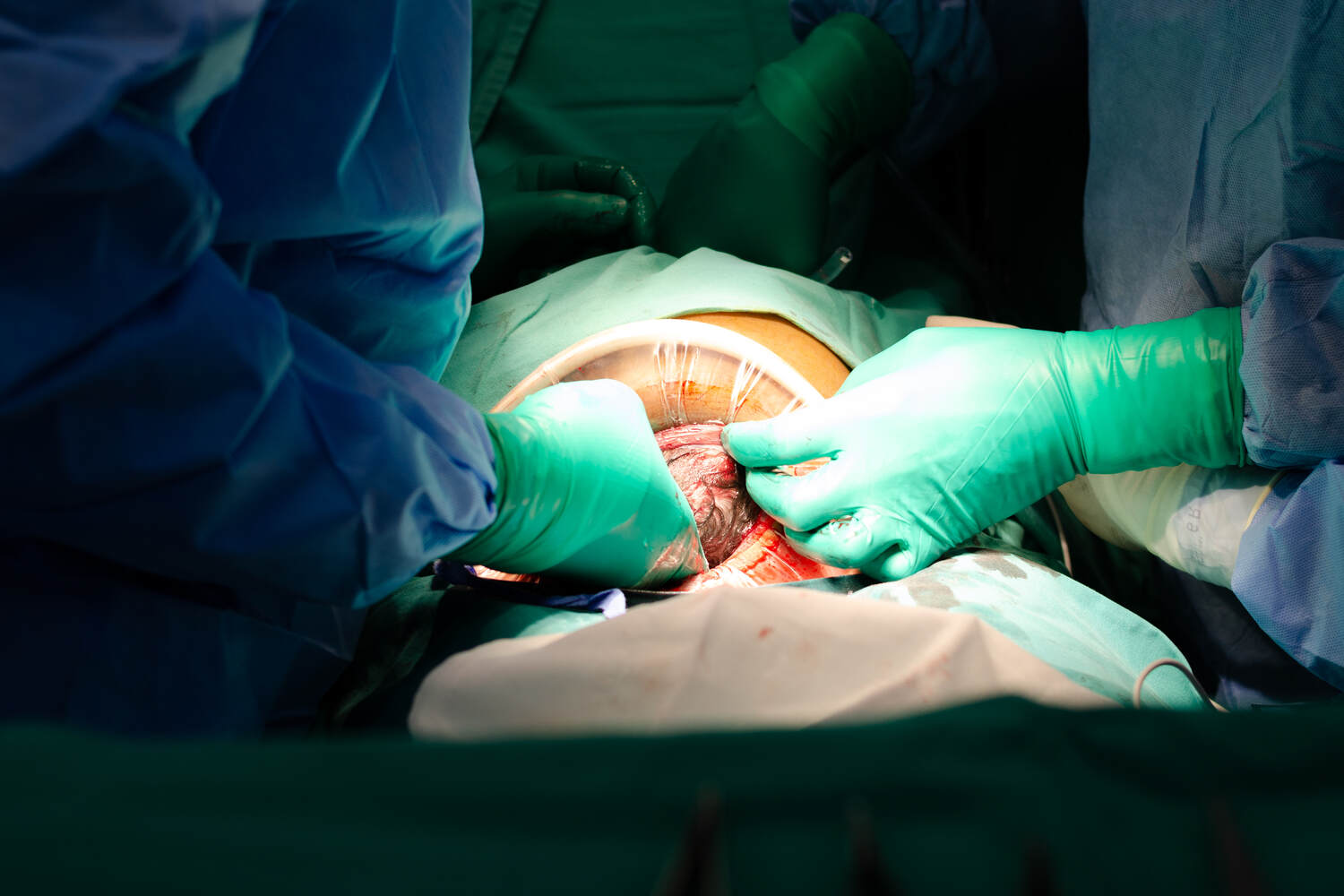
Is It Safe To Take Hydrocodone During Pregnancy?
5 min readWritten by Editorial Team


Is It Safe To Take Hydrocodone During Pregnancy
Now a day, an expecting woman is supposed to take double or even more medicines in the course of pregnancy when compared to her mother. Another disturbing fact is that the use of medications during the first trimester of pregnancy has increased by 60% during the last 30 years. Of course, no pregnant women can completely stay away from medicines. But what one should remember is even the medicines one takes before pregnancy safely can turn harmful to pregnancy and the child in the womb.
Pregnancy is considered as a fantastic period full of excitement, thriller, anxiousness, and last but not the least – pains. Yes, irrespective of all the measures taken, all pregnant women experience different sorts of pains and aches to a certain extent. Back pain, episodes of headaches and leg cramps during pregnancy are quite common. This is mostly because of the physical changes happening in her body. Following a healthy diet during pregnancy and 8-hour sleep to prevent any muscle pain in your body. However, the expecting mother often tries to grab pain killers to alleviate her discomfort. But how safe is pain-killing medicines for a pregnant woman? Let’s see.
Hydrocodone refers to a kind of drug which helps relieve pain and swell from the patient’s body. According to the Food and Drug Administration Body has mentioned it in the C category of the medications for pregnant women as studies have proven that this drug item has some side effects which can cause a deadly result to the fetus of the tested animal’s bodies.
In this article, we will discuss Hydrocodone and how does it affect the woman in pregnancy. We will also have a brief overview of the symptoms and precautions which are to be considered while consuming Hydrocodone during pregnancy.
Hydrocodone In Pregnancy And Beyond

Hydrocodone In Pregnancy And Beyond
The prolonged consumption of Hydrocodone during pregnancy can cause physical dependence on the intake of the drug, which can be very harmful to the woman. This drug comprises of two main components, which are acetaminophen and ibuprofen. Acetaminophen is used to cure high fever and prevent mild pain in the abdominal region, whereas ibuprofen helps prevent headaches during pregnancy and relieve from pain. But, both of these substances should not be prescribed to a pregnant woman, especially ibuprofen as it can result in miscarriage, congenital disabilities and it also increases the risk of complications in the mother’s body.
Side Effects Of Hydrocodone During Pregnancy
Now, let’s have a look at some of the side effects of consuming Hydrocodone at the time of pregnancy:
- Hydrocodone becomes addictive if consumed in excess, which causes harm to the baby in the womb. Also, it leads to mood swings, nausea, mental clouding, and dizziness.
- It leads to constipation and bloating in the stomach, which creates inconvenience for the mother.
- This drug also increases the risk of respiratory depression along with mental illness. It increases the levels of fear, stress, anxiety, and tension while lowering the memory and concentration levels among the woman.
- This medicine can lead to congenital disabilities for babies and complications for the mothers at the time of delivery.
- This medicine can trigger hormonal imbalance in expecting mothers. Not only this, if the breastfeeding mother take this medicine, it can pass into the body of the newborn through breast milk, which can create instability and withdrawal symptoms in the baby as well.
- Reduced fertility levels in the reproductive system of the woman are the most common side effect of Hydrocodone among women.
- Some other side effects of Hydrocodone in pregnant women are sweating, vomiting, premature delivery, hepatitis C, diarrhea, tremors and many more.
Symptoms Of Hydrocodone During Pregnancy
Some of the common symptoms and signs of Hydrocodone among pregnant mothers are mentioned below:
- Respiratory problems are the first sign of consumption of Hydrocodone, causing harm to the mother’s body.
- There consistent consumption of Hydrocodone lowers the cough reflex, which is very important as it acts as protection for the removal of foreign bacteria and harmful particles to enter into our lungs.
- Hydrocodone directly triggers the nervous system and activates the opioid receptors in the brain.
- It can also cause Serotonin syndrome. Not only this, a woman could often suffer from low blood pressure and heart diseases because of the regular intake of Hydrocodone in their body.
What If I Am Already Taking Hydrocodone During Pregnancy?

What If I Am Already Taking Hydrocodone During Pregnancy
If you are taking Hydrocodone before pregnancy, it is imperative to speak to your doctor at once you come to know you are pregnant. Never stop taking Hydrocodone on your own. This is because you are under this medication for a cause and if you all of a sudden stop taking it — especially if you are on it for a while — is also equally dangerous to the baby.
What If I Can’t Avoid Hydrocodone During Pregnancy?
As discussed above, if you are already using this medicine when you get pregnant, avoiding it, all of a sudden can also adversely affect your pregnancy. Therefore, in that case, there are some steps to follow, which helps to bring down the exposure to the baby to this drug, thereby, reduce the chances of ill effects. This includes:
- Take the drug at the lowest dosage and for the shortest period possible
- Setting up regular follow-ups with your doctor so that you and the child in the womb will be closely monitored.
- Never go beyond the directions on the prescription both the prescribed amount and frequency.
Are There Any Alternatives To Hydrocodone?
To avoid any fetal risks, it is crucial to opt for those medicines that have the least effect on the baby. Also, the best part is that the baby can get affected only if the doses are taken in high quantities so, you can also choose for a low dosage of Hydrocodone when pregnant.
As Hydrocodone comes under the category of opioids, it is important to choose any other medication that is not an opioid such as Aspirin or Acetaminophen and even non-steroidal anti-inflammatory drugs. The usage of any of these drugs will surely produce no pregnancy risks and help in easing the pain in the best way. But do remember that you need to maintain their doses to be less during the pregnancy phase to avoid any hassle.
Wrapping Up
Thus, Hydrocodone is regarded as a dangerous narcotic drug for pregnant women. So, it is advisable to consult a medical expert and only consume it if prescribed by the doctor. Try to avoid Hydrocodone as it can lead to liver toxicity among pregnant women.

Editorial Team,
With a rich experience in pregnancy and parenting, our team of experts create insightful, well-curated, and easy-to-read content for our to-be-parents and parents at all stages of parenting.Read more.
Responses (0)
Want curated content sharply tailored for your exact stage of parenting?
Related articles

Top 150 Anime Names for Boys With Meanings

300 Popular Prince Names With Meanings For Your Baby Boy

Repeat C-Sections – How Many Can Woman Have Safely

Superfetation(Getting Pregnant While Pregnant) – Is It Really Possible?

Mental Health and Wellbeing During Pregnancy -Everything You Need to Understand

Top 300 Popular Baby Names That Mean Noble With Meanings
Sponsored content
Discover great local businesses around you for your kids.
Get regular updates, great recommendations and other right stuff at the right time.





